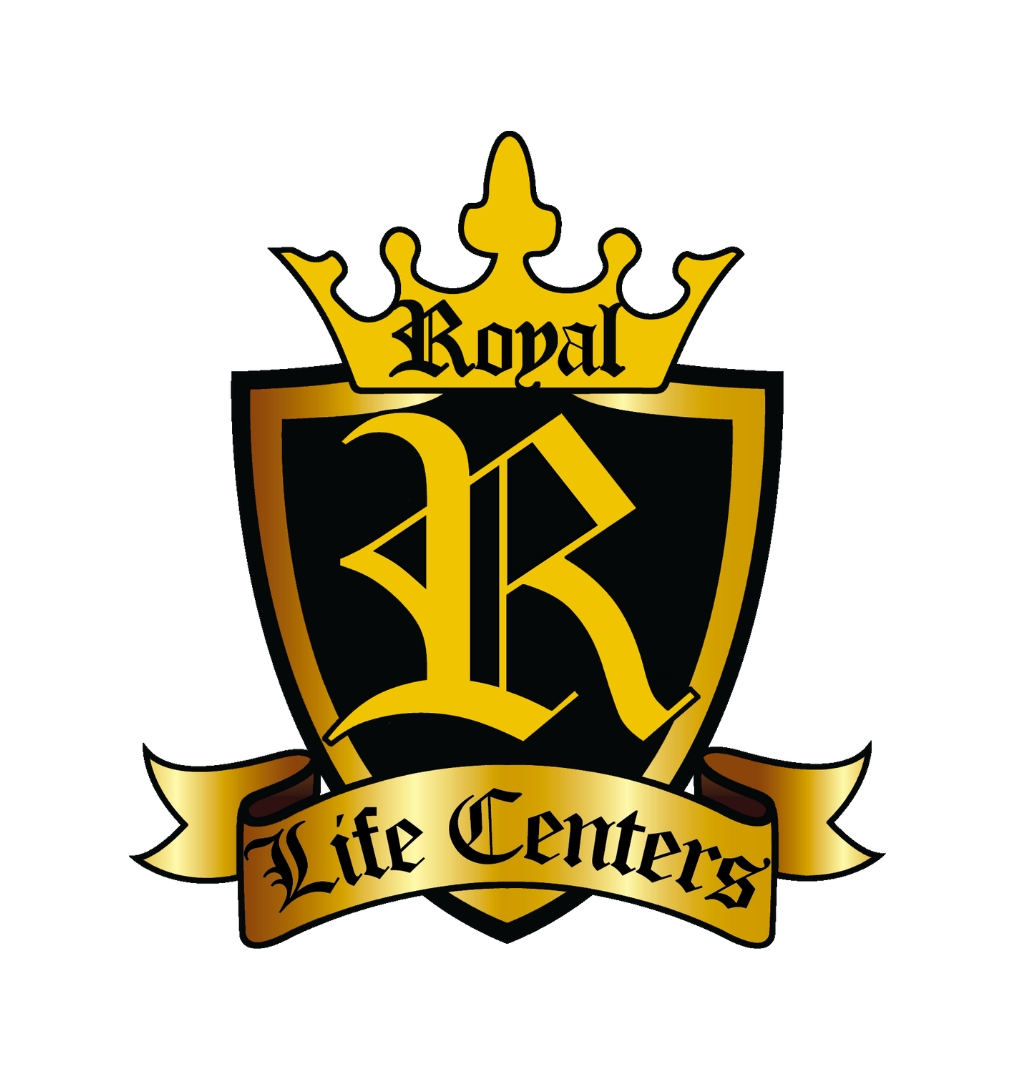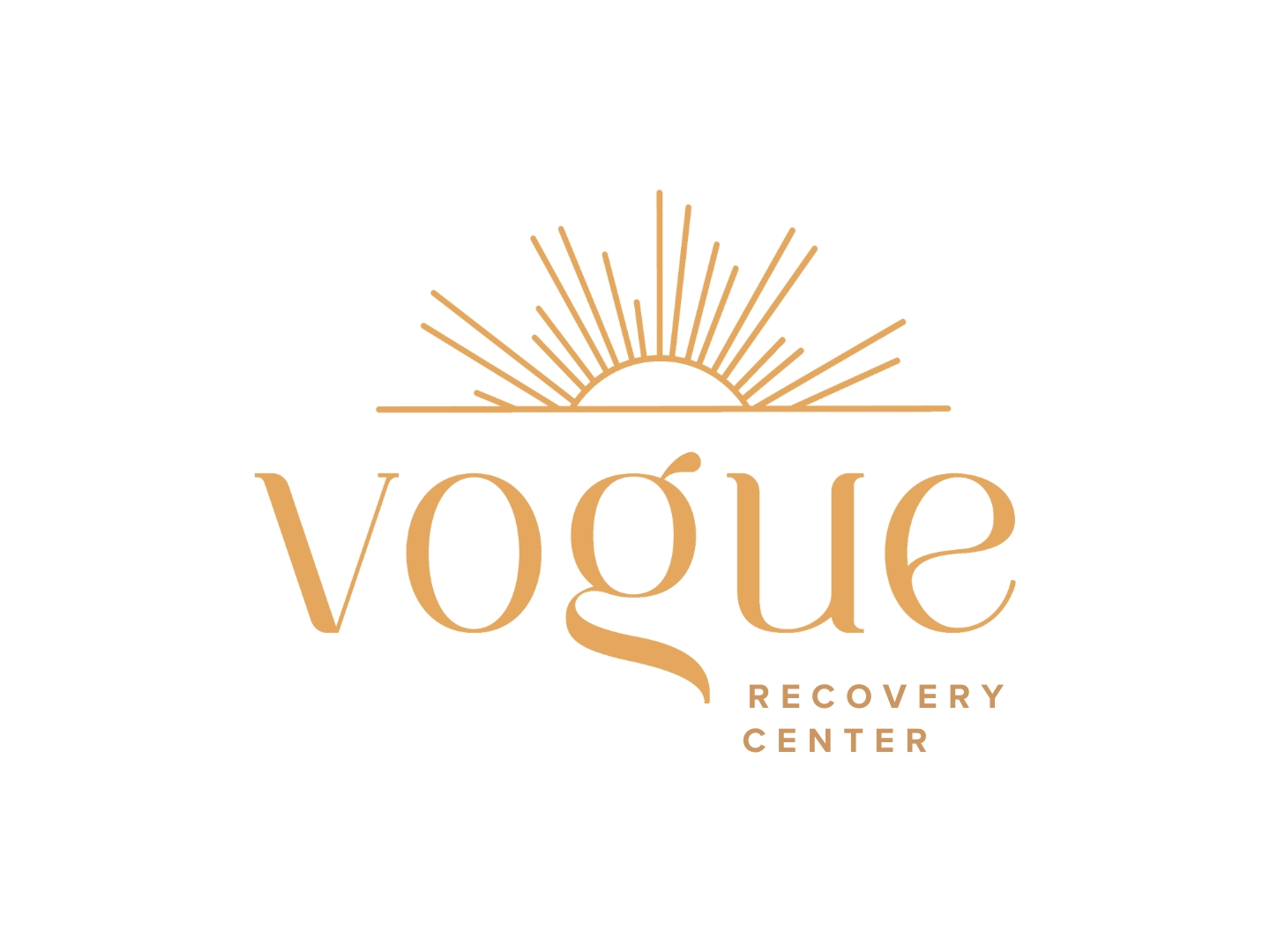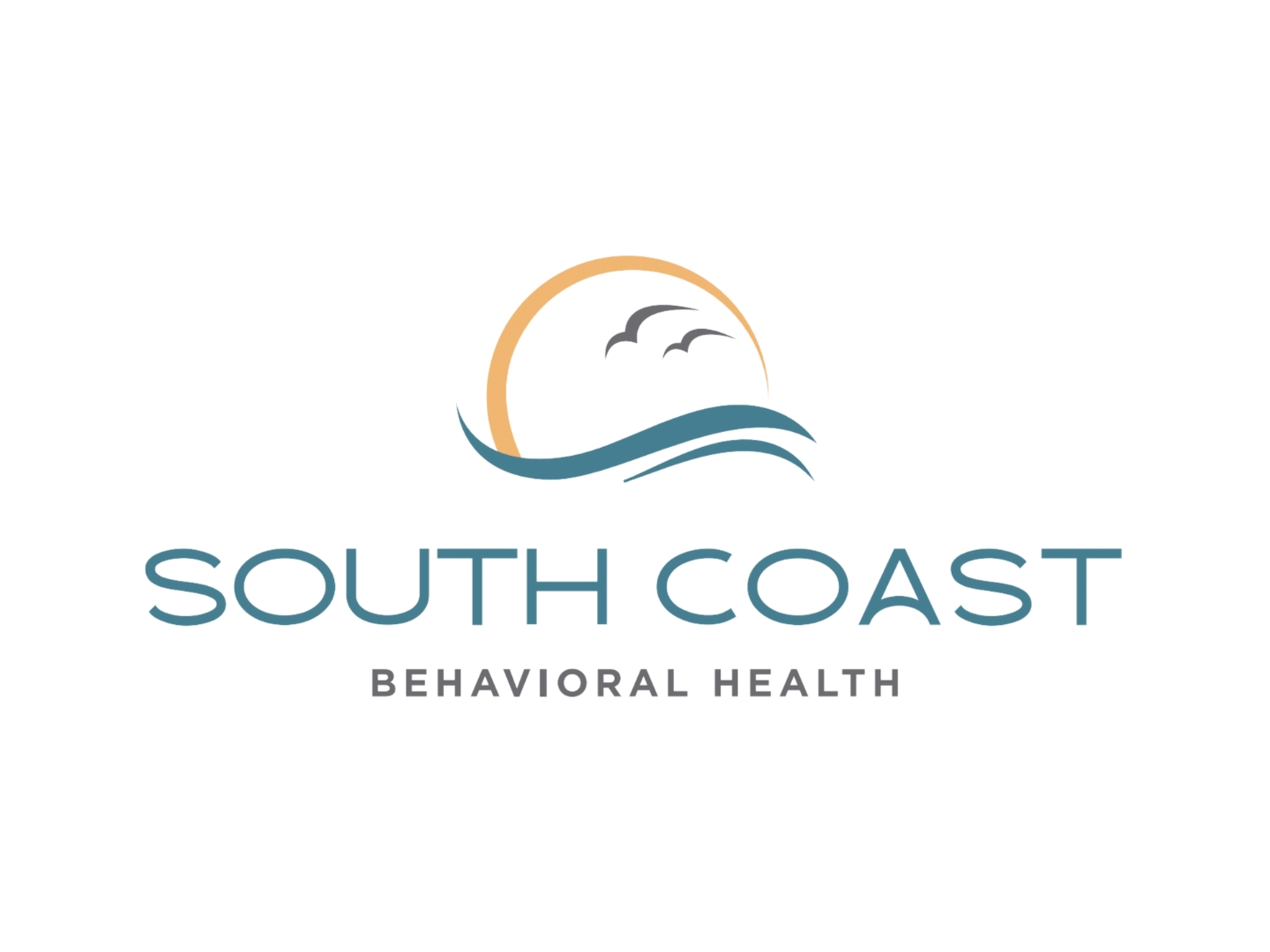Psychotic disorders are a group of mental health conditions characterized by a distorted perception of reality. These disorders cause irrational and unpredictable thoughts, emotions, and behavior, often negatively impacting someone’s ability to function. Understanding the different types of psychotic disorders, their symptoms, and the available treatment options is crucial for those affected and their loved ones.
Psychotic disorders can take many forms, ranging from schizophrenia and schizoaffective disorder to substance-induced psychosis and brief psychotic disorder. Each type of psychotic disorder has its own unique set of symptoms and underlying causes, which can make diagnosis and treatment complex. However, with the right support and intervention, individuals living with psychotic disorders can learn to manage their symptoms and lead fulfilling lives.
Psychotic disorders are a group of mental health conditions characterized by a distorted perception of reality. Individuals with psychotic disorders may experience hallucinations, delusions, disorganized thinking and speech, and significant impairments in their ability to function in daily life.
At the core of a psychotic disorder is a loss of touch with reality. Hallucinations, which are sensory experiences that appear real but are created by the mind, are a common symptom. Delusions, or fixed, false beliefs that are not based in reality, are also a hallmark of psychotic disorders. These disturbances in perception and thought can lead to significant distress and impairment in an individual’s personal, social, and occupational functioning.
The specific type of psychotic disorder can vary, with conditions like schizophrenia, schizoaffective disorder, and substance-induced psychosis all falling under this umbrella term. Each disorder has its own symptoms, causes, and options for treatment. However, the underlying theme of a disconnect from reality is what unites these mental health conditions.
No one should have to wait to heal, which is why our specialists are available 24/7 to help guide you through the admissions process every step of the way.
Certain factors can increase an individual’s risk of developing a psychotic disorder:
Understanding the risk factors for psychotic disorders is important for early intervention and prevention efforts.
If you or a loved one is struggling with their mental health, our admissions team is available 24/7. Our compassionate and understanding team can help answer your mental health treatment questions and get you started on the path to recovery.
Deciding to seek depression treatment can be intimidating. We are here to make this process as easy as possible. Reach out to us today to learn more about how our treatment centers can help!
There are several types of psychotic disorders, including schizophrenia, schizoaffective disorder, substance-induced psychosis, and brief psychotic disorder. Each type has its own unique set of symptoms and underlying causes, which can make diagnosis and treatment complex. However, with the right support and intervention, individuals living with psychotic disorders can learn to manage their symptoms and lead fulfilling lives.
Schizophrenia is a chronic and severe mental health condition that is considered the most well-known and debilitating type of psychotic disorder. It is characterized by a range of symptoms that can significantly impair an individual’s ability to think clearly, manage emotions, and function in daily life.
There are some key signs and symptoms of schizophrenia including:
Schizoaffective disorder is a mental health condition that combines features of schizophrenia and mood disorders, such as bipolar disorder or depression. Individuals with schizoaffective disorder experience psychotic symptoms like hallucinations and delusions, as well as significant mood disturbances that can significantly impact their daily functioning.
The following symptoms are indicators of schizoaffective disorder:
Schizophreniform disorder is a type of psychotic disorder that shares many similarities with schizophrenia but has a shorter duration. Individuals with schizophreniform disorder experience psychotic symptoms for at least one month but less than six months, and their functioning may be impaired during this time.
The following symptoms manifest in schizophreniform disorder:
Paraphrenia is a rare type of psychotic disorder that typically develops later in life, often after the age of 60. It is characterized by paranoid delusions and hallucinations, but individuals with paraphrenia may be able to maintain their overall functioning and social skills.
The following symptoms arise in paraphrenia:
Brief psychotic disorder that includes the sudden onset of psychotic symptoms that last for at least one day but less than one month. The symptoms can be triggered by a significant stressful event or trauma and may resolve on their own or with treatment.
The following symptoms are key indicators of brief psychotic disorder:
Delusional disorder is a type of psychotic disorder that includes the presence of one or more non-bizarre delusions, which are firmly held beliefs that are not based in reality. Individuals with delusional disorder may be able to function well in many areas of their lives, but their delusions can significantly impact their relationships and decision-making.
The following symptoms are indicators on delusional disorder:
Substance-induced psychosis is a type of psychotic disorder that is caused by the use or withdrawal from certain substances, such as drugs or alcohol. The psychotic symptoms can be severe and may last for several days or weeks after the substance use has stopped.
Substance-induced psychosis symptoms include:
Diagnosing psychotic disorders typically involves a comprehensive clinical evaluation by a mental health professional, such as a psychiatrist or psychologist. This evaluation includes a thorough medical and psychiatric history, a mental status examination, and potentially additional assessments like psychological testing or neuroimaging. The clinician will assess the presence and severity of key symptoms, such as hallucinations, delusions, disorganized thinking and speech, and changes in mood and behavior. They will also take a look at how long your symptoms have been bothering you and how impactful they are on daily life. Establishing a diagnosis often requires ruling out other potential causes, such as substance use or underlying medical conditions. The diagnostic process aims to identify the specific type of psychotic disorder and develop an appropriate treatment plan.
The Diagnostic and Statistical Manual of Mental Disorders, Fifth Edition (DSM-5) provides the diagnostic criteria for various types of psychotic disorders. The core symptoms include delusions, hallucinations, unorganized speech, disorganized or catatonic behavior, and negative symptoms like limited motivation or a lack of emotions.
To meet the criteria for a specific psychotic disorder, an individual must exhibit a certain number and combination of these symptoms, as well as experience significant distress or impairment in their daily life. The DSM-5 also specifies the required duration of symptoms and distinguishes between disorders like schizophrenia, schizoaffective disorder, and substance-induced psychosis based on the specific symptom profiles and course of the illness.
The treatment of psychotic disorders typically involves a multifaceted approach that combines medication, psychotherapy, and psychosocial interventions. Antipsychotic medications are often the first-line treatment, as they can help alleviate positive symptoms like hallucinations and delusions. Psychotherapy, such as cognitive-behavioral therapy (CBT) and family therapy, can also be beneficial in helping individuals develop coping strategies, improve social functioning, and address any co-occurring mental health conditions.
Psychosocial interventions, including vocational rehabilitation, social skills training, and support groups, can further aid in the recovery process and help individuals with psychotic disorders achieve their personal goals and improve their quality of life. The specific treatment plan is tailored to the individual’s needs and the type of psychotic disorder they are experiencing.
Effective treatment for psychotic disorders often involves the use of antipsychotic medications, which help alleviate symptoms such as hallucinations and delusions. These medications can significantly improve an individual’s quality of life by reducing the severity and frequency of psychotic episodes. Some common medications used are mood stabilizers and antipsychotic medications.
Mood stabilizers help regulate extreme shifts in mood, energy, and activity levels. They are helpful for issues like bipolar disorder. Common mood stabilizers include:
Antipsychotic medications treat psychotic disorders like schizophrenia. They help reduce symptoms such as hallucinations, delusions, unorganized thinking, and lack of motivation. Examples include:
Psychotherapy is an essential component of treatment for psychotic disorders. It helps individuals develop coping strategies, improve social functioning, and address any co-occurring mental health conditions. Therapies like individual counseling, family therapy, and group therapy can be highly effective in supporting recovery.
Cognitive-Behavioral Therapy (CBT) is a type of psychotherapy that has been shown to be particularly effective in treating psychotic disorders. CBT helps individuals identify and challenge distorted thought patterns, develop more adaptive coping mechanisms, and improve overall functioning. It can be used in conjunction with medication to provide a comprehensive approach to managing psychotic symptoms.
"*" indicates required fields
Dealing with a psychotic disorder may not be easy, however, there are ways to cope. Consider the following tips:
Seeking professional help is crucial for managing a psychotic disorder. A mental health professional, such as a psychiatrist or psychologist, can provide a comprehensive evaluation, diagnose the specific condition, and develop an individualized treatment plan. This may include a combination of medication, psychotherapy, and supportive services to help alleviate symptoms, improve daily functioning, and promote long-term recovery. Regular follow-up care and close collaboration between the individual and their treatment team are essential for effectively managing a psychotic disorder and preventing relapse.
Aliya Health Group accepts most major health insurance providers on both a national and local level. Some of the health insurance providers we work include:













Before entering outpatient treatment for substance abuse, most people have a long list of questions and concerns. To help you gain a better understanding of what to expect during outpatient programs, we have compiled a list of our most frequently asked questions.
Yes, our rehabilitation facilities have designated smoking areas available. However, kindly note that all cigarettes brought into the facility must be in unopened packs or cartons. The same rule applies to any cigarettes sent or brought by family or friends. Our staff will be more than happy to provide you with additional details regarding these guidelines during the admission process.
Yes, in most cases, we can offer repayment options tailored to your unique circumstances. For more details regarding personal repayment options, we recommend reaching out to our admissions team. They’ll be more than happy to assist you.
We accept all major insurance plans at our treatment locations. To learn more about insurance and treatment cost, contact our admissions team or fill out our secure insurance verification form.
Yes, we provide integrative dual diagnostics alongside a wide array of treatment modalities. Our core objective revolves around tackling addiction, while simultaneously addressing the underlying factors that contribute to substance use disorders. Our mission is to deliver effective and holistic care that encompasses both symptom management and the exploration of root causes of addiction.
In terms of cost, outpatient treatment is typically more affordable than inpatient options which require round-the-clock medical supervision. This makes it a viable solution for individuals who may be deterred from seeking help due to financial constraints.
"*" indicates required fields
For Immediate Help Call: 888-973-2078
Aliya Health Group is a comprehensive network of addiction and mental health treatment centers, with locations spanning nationwide.
We are driven by our commitment to empower individuals, families, and the community by providing education, tools, and support, to help them lead healthy, fulfilling lives in recovery.
Our admissions team is available 24 hours a day, 7 days a week, 365 days a year.






